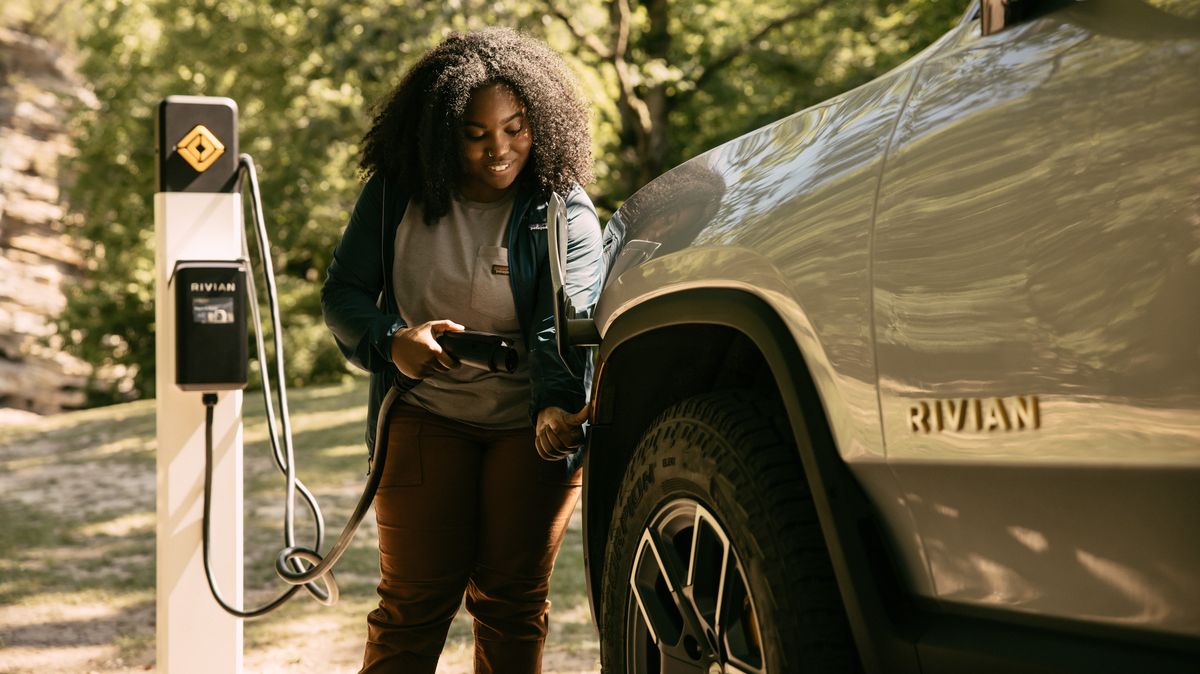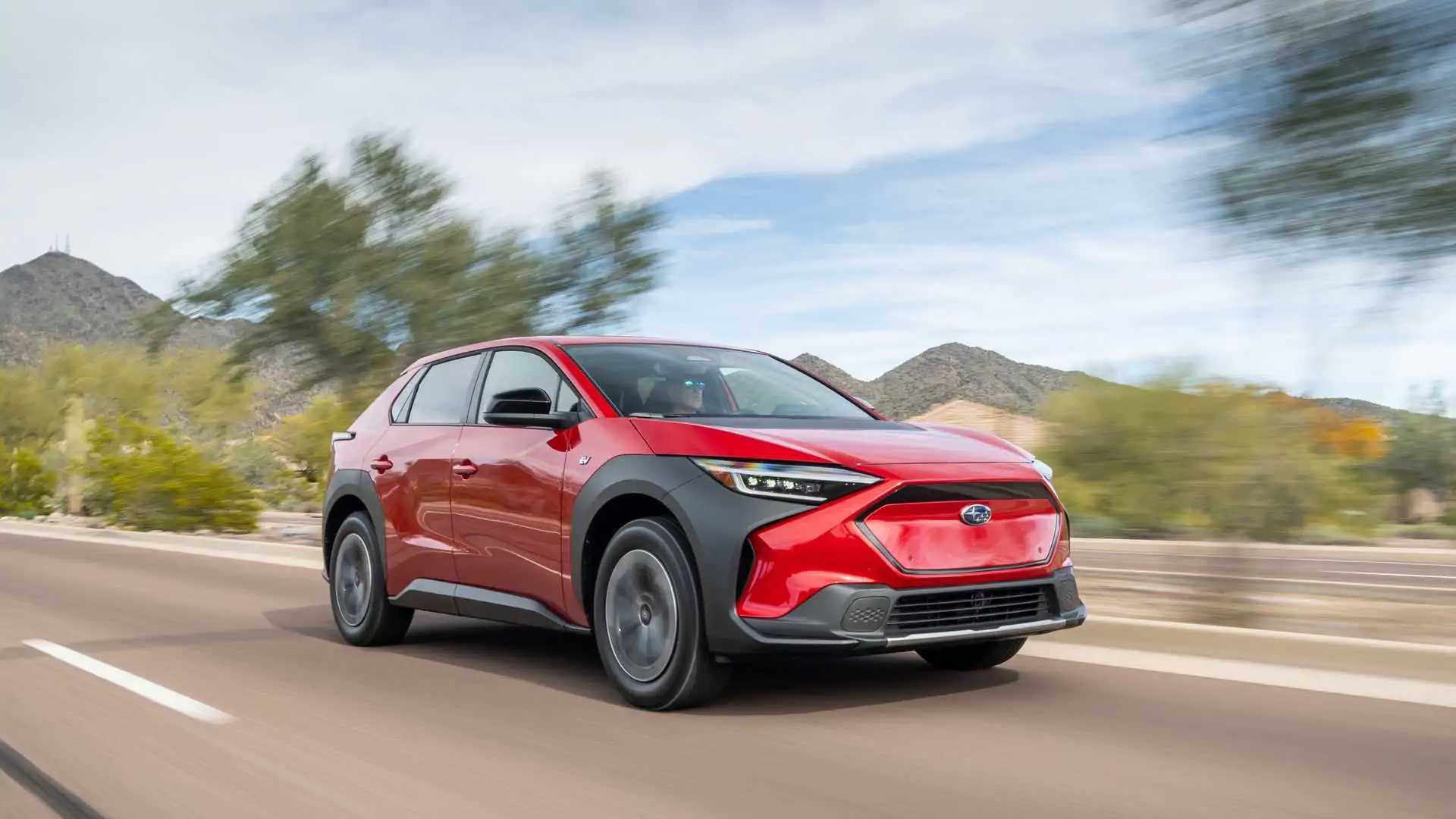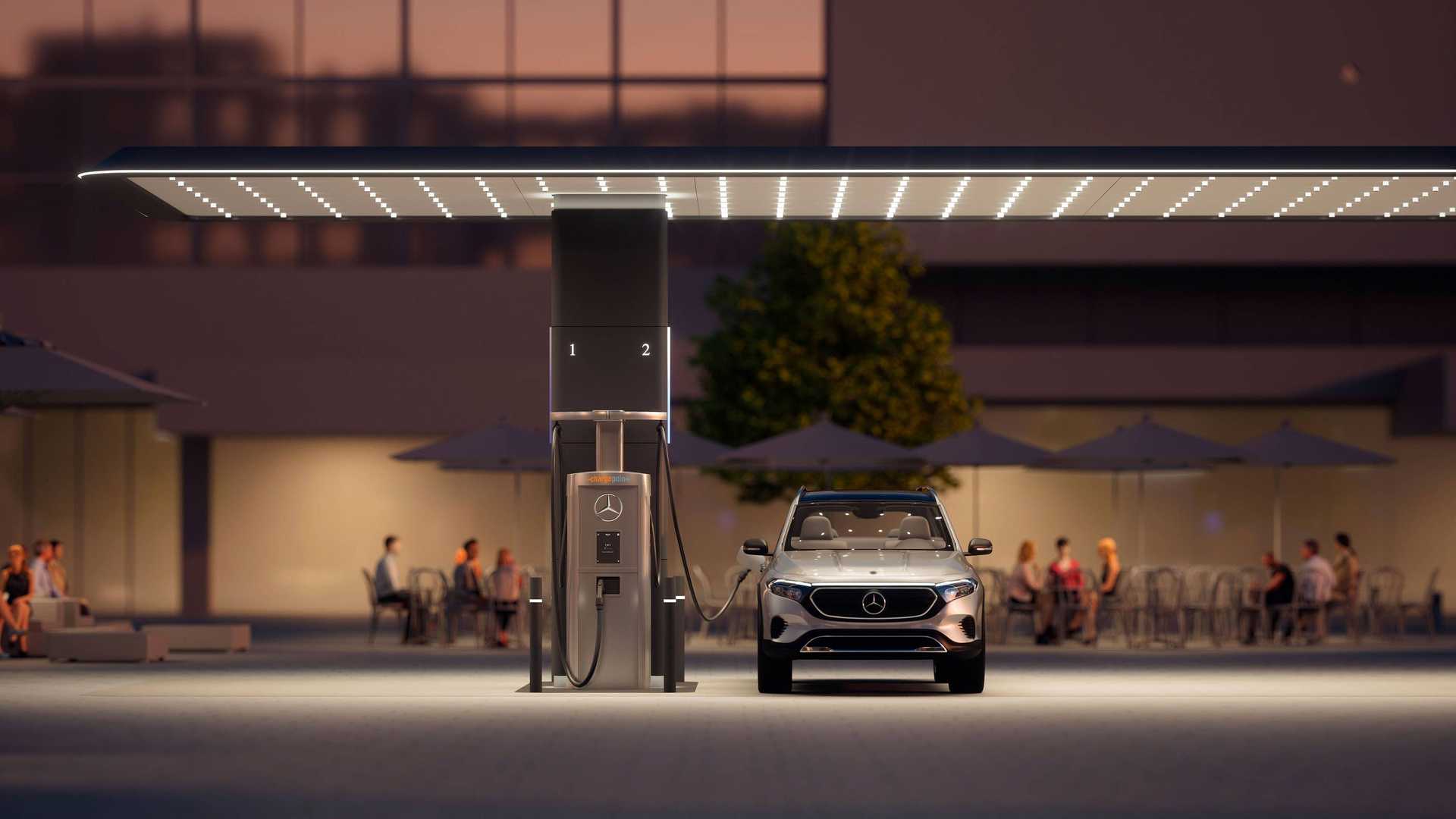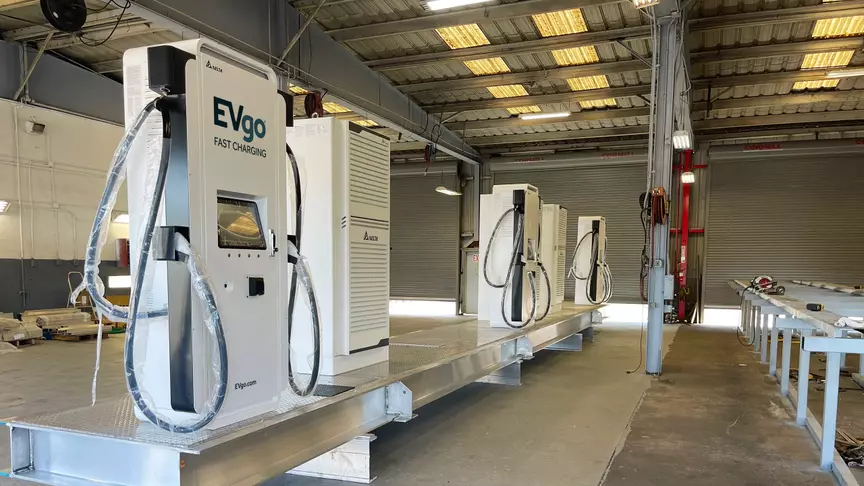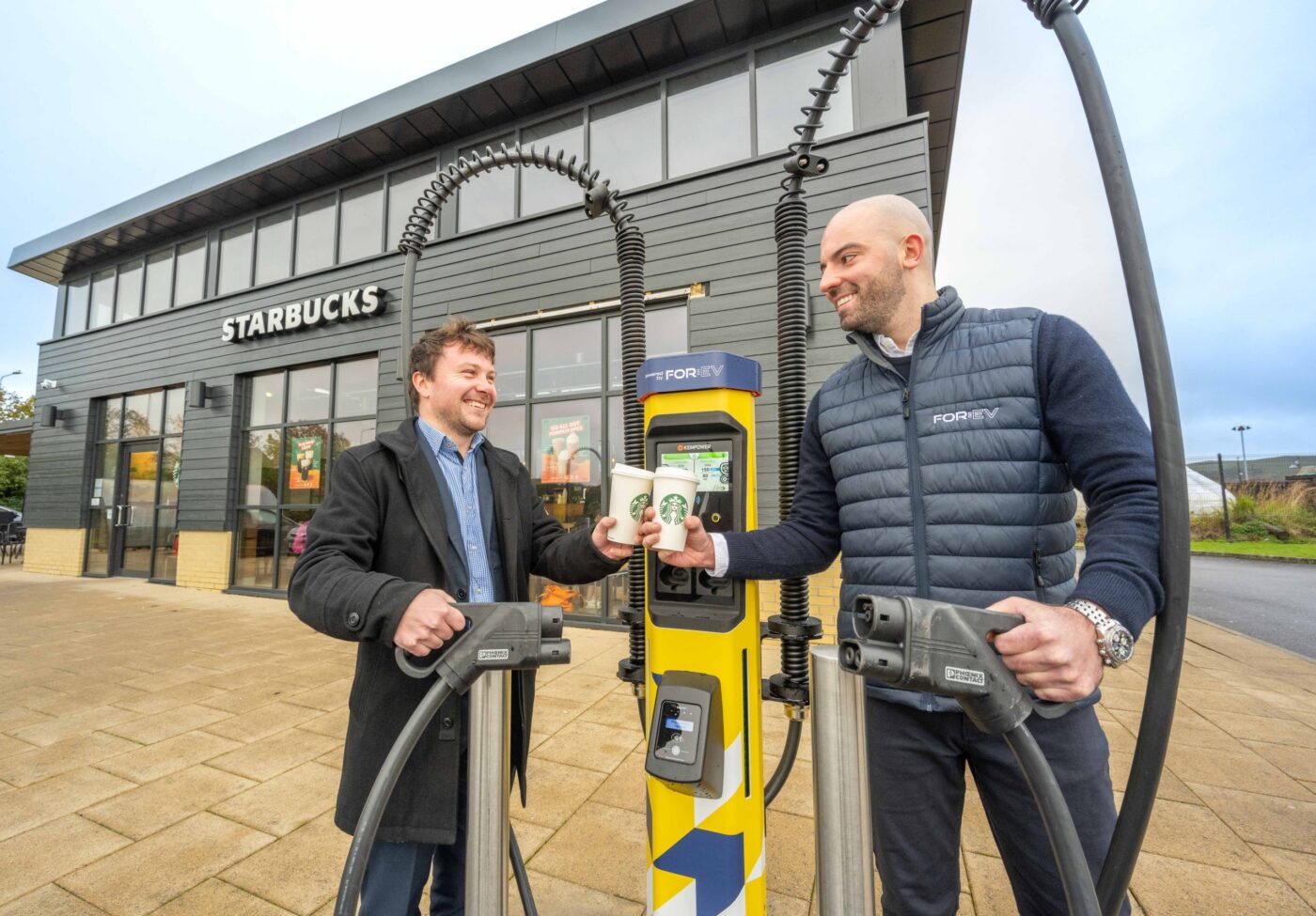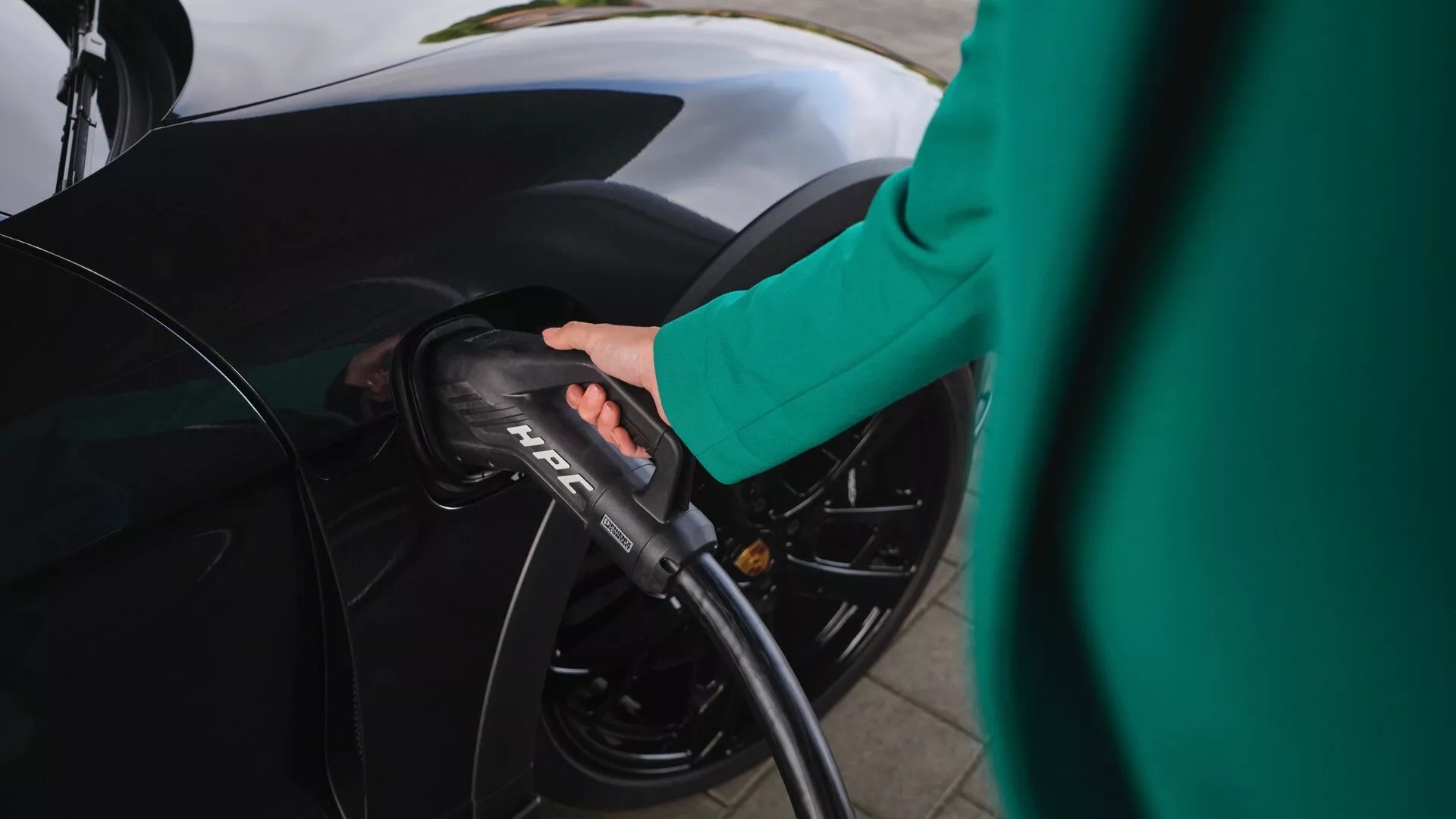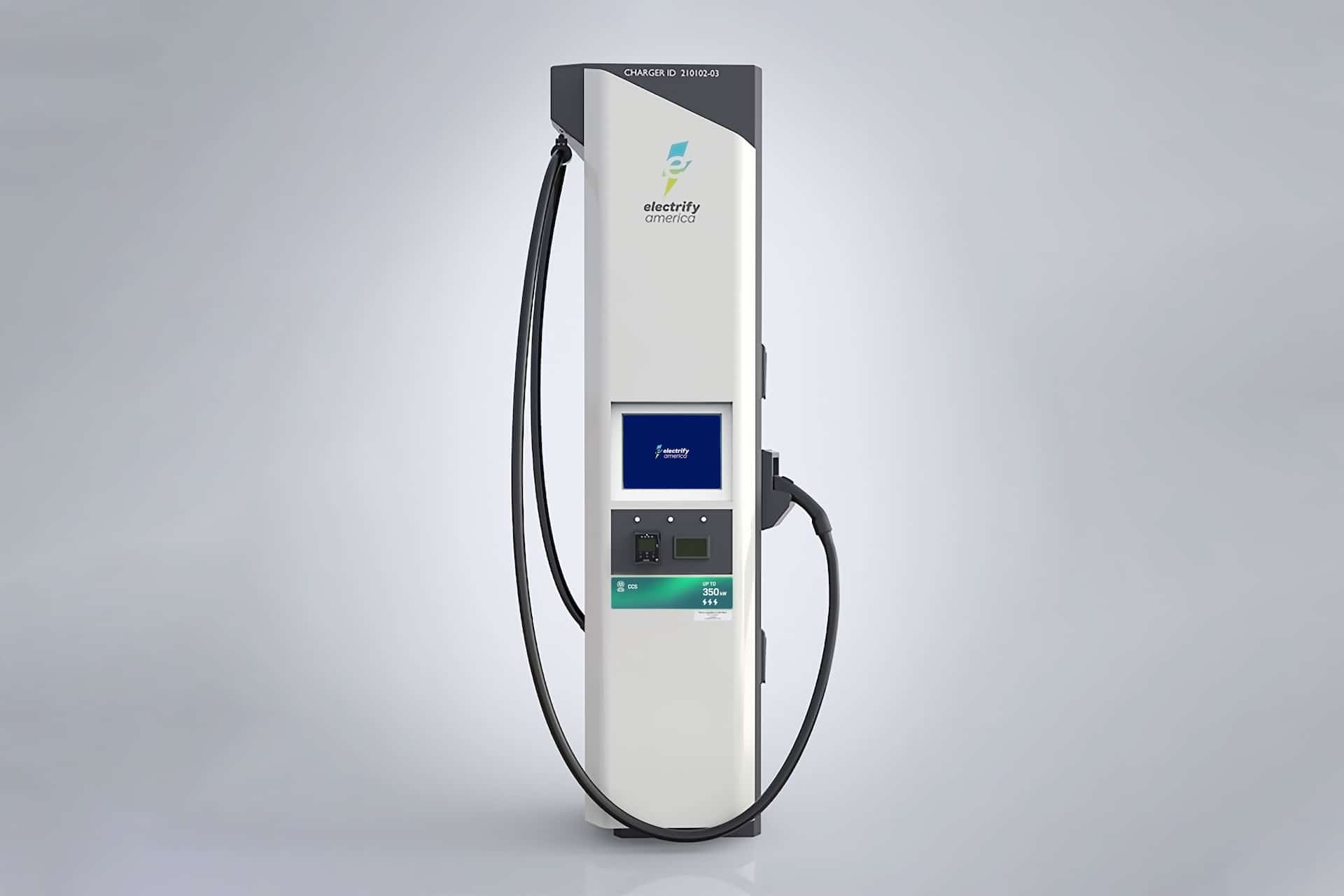Rivian is set to implement a substantial change to its proprietary charging network, the Rivian Adventure Network (RAN), which encompasses both AC and DC charging stations.
Rivian EV owners have reported receiving emails from the company, notifying them of the impending end of complimentary charging services at RAN sites. According to the communication, “Starting in early November, billing will begin at all Rivian Adventure Network charging sites.” However, precise details regarding the pricing structure have not been disclosed, leaving owners to speculate that the cost of charging may vary between AC Level 2 and DC fast charging stations.
Rivian assures customers that the charging experience itself will remain unchanged, with EV owners simply pulling up to a station, plugging in, and initiating charging automatically. The incurred charging fees will be seamlessly billed to the user’s Rivian Account, akin to the Tesla Supercharging network.
Charging fees are expected to be based on the total amount of energy dispensed, measured in kilowatt-hours (kWh). Users will have access to detailed information about each charging session through the charger screen, the Rivian mobile app, and their vehicle’s navigation system.
The Rivian Adventure Network was initially introduced in 2021 with an ambitious pledge to expand to over 3,500 fast-charging stalls (200 kW with potential for further expansion) at more than 600 locations in the United States and Canada by the end of 2023. Additionally, the network was projected to include over 10,000 AC Level 2 charging points, known as Rivian Waypoints, within the same timeframe.
While the first DC fast chargers were officially unveiled in June 2022, Rivian appears to have fallen short of its initial aspirations. A map provided by the company shows a relatively modest number of charging sites, particularly for DC fast charging, with roughly 60 such sites in the United States.
Regarding the upcoming charging fees, this development is in line with Rivian’s 2021 statement that the network would initially be exclusive to Rivian EVs before being made accessible to other EVs, with Rivian EV owners potentially enjoying preferential rates.
Furthermore, Rivian has announced a transition from the CCS1 charging inlet to the Tesla-developed North American Charging Standard (NACS) charging standard, set to commence in 2025. This transition will likely lead to Rivian sites being equipped with dual-head CCS1 and NACS charging plugs, with NACS connectors supplementing the existing J1772 AC charging plugs.

